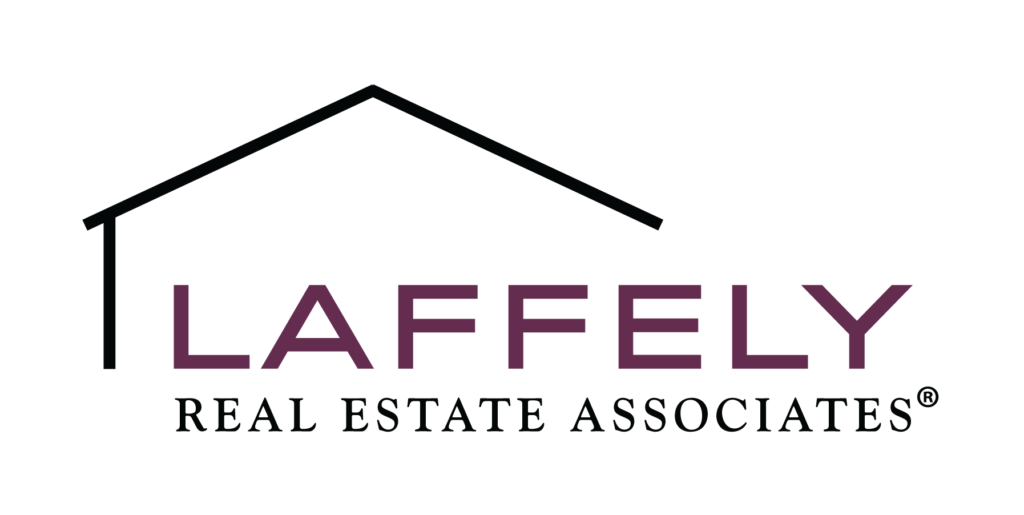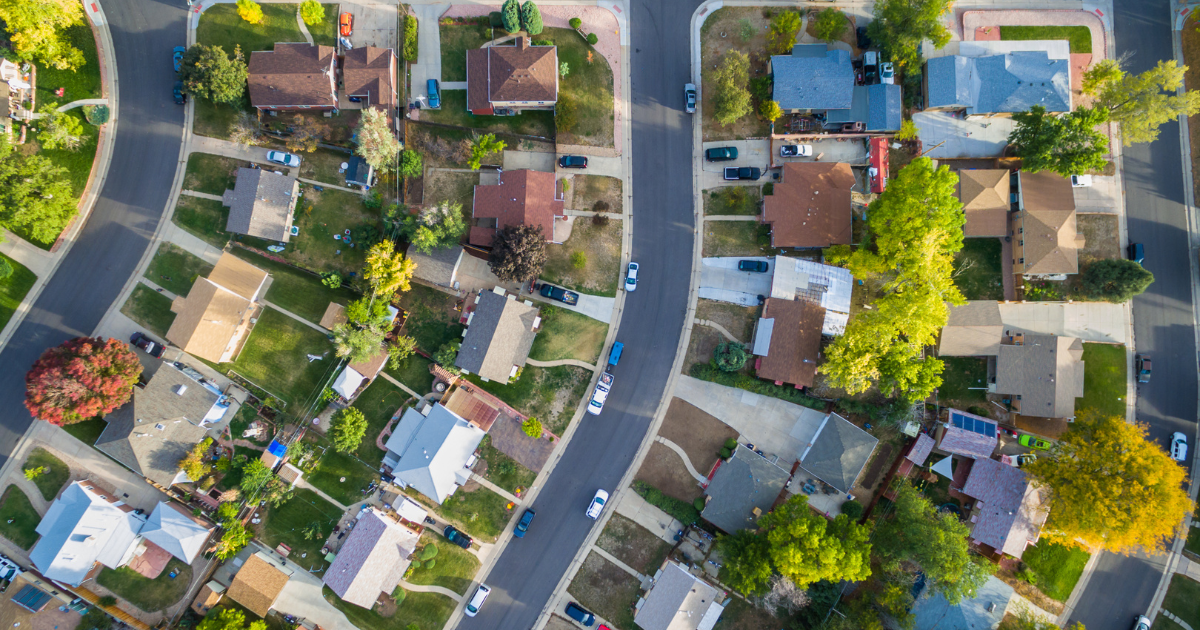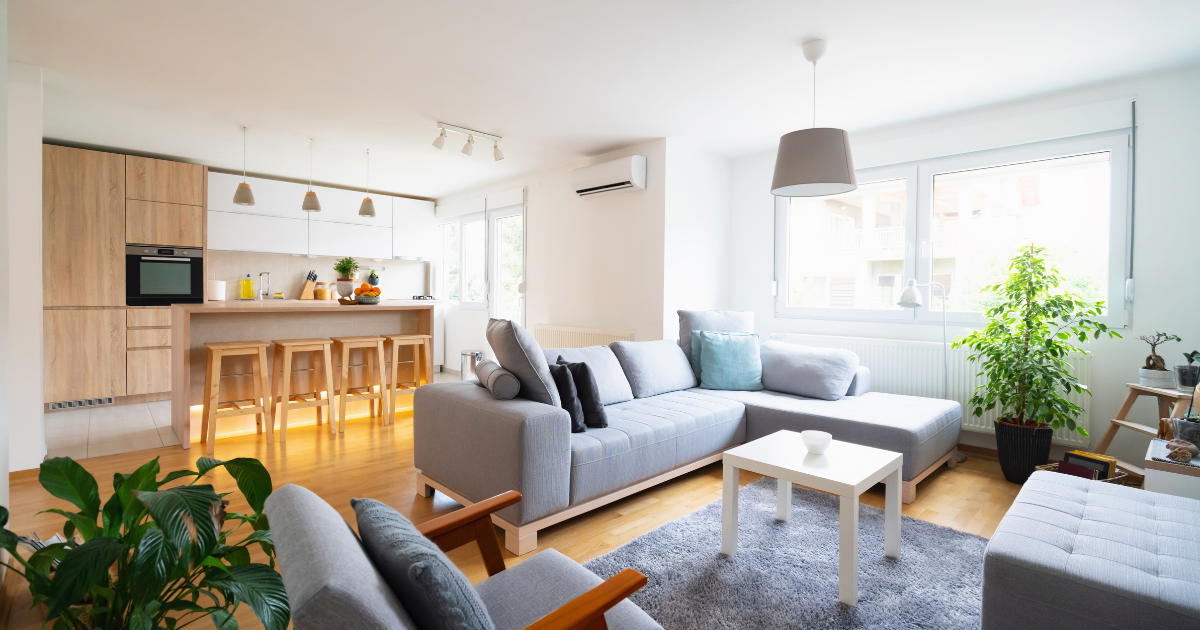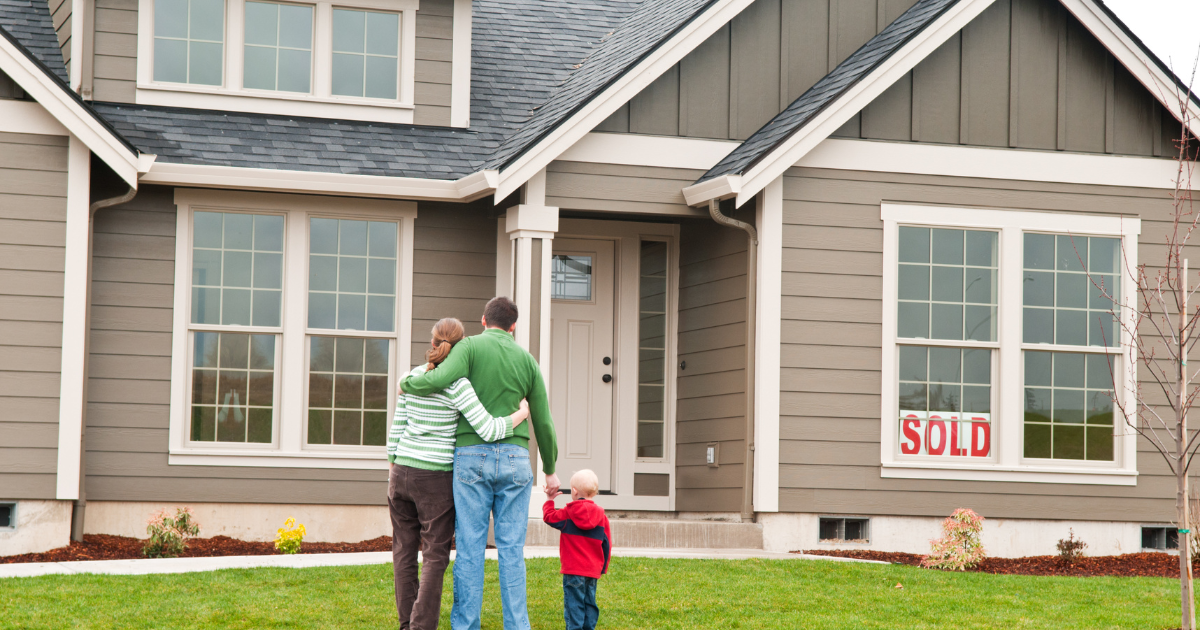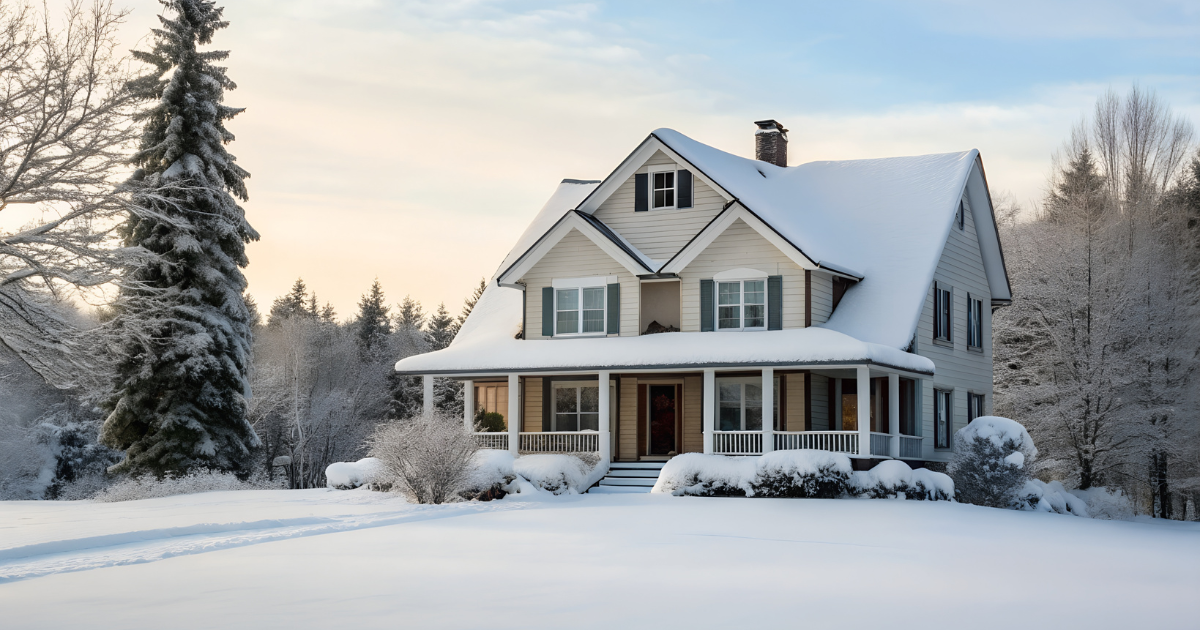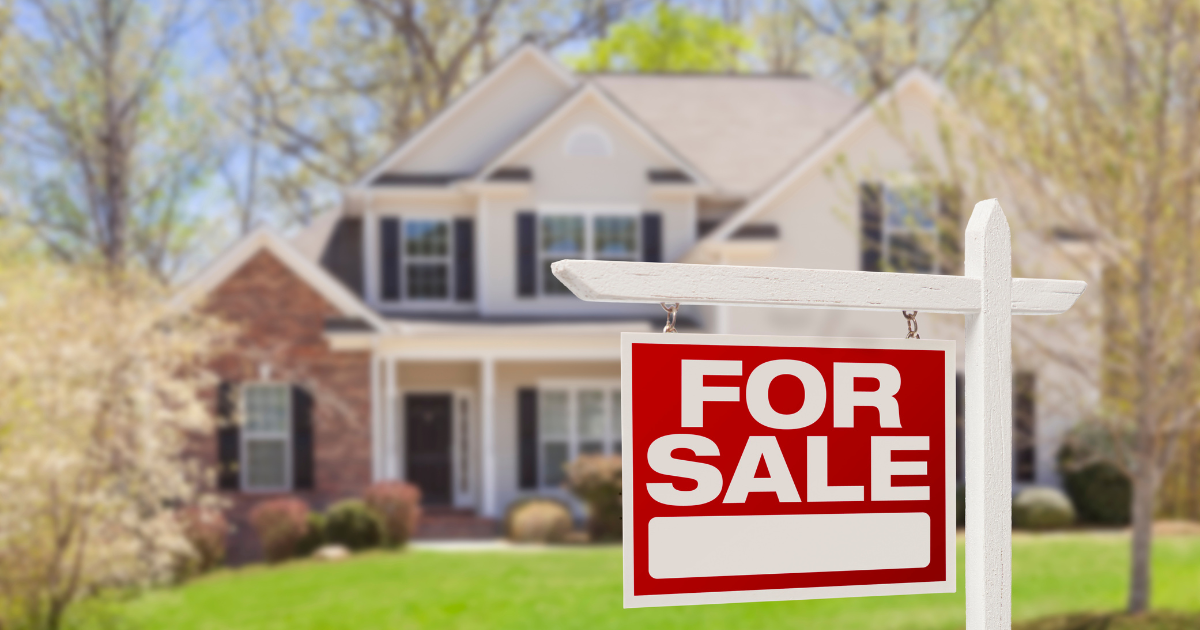Should You Buy a Fixer-Upper? Pros and Cons
The charming Victorian with good bones but a dated kitchen. The mid-century ranch with untapped potential hiding behind wood paneling. The historic cottage priced well below market value because of its needed repairs.
Fixer-uppers can come with promises of affordability and possibility—but they also demand vision, patience, and often more money than initially planned.
As housing prices continue to climb in desirable neighborhoods, many buyers are considering these diamond-in-the-rough properties as a path to homeownership or investment.
Before you pick up that sledgehammer, however, it’s crucial to understand the full picture of what buying and renovating a fixer-upper truly entails.
Pros of Buying a Fixer-Upper
Lower Purchase Price
Fixer-uppers typically cost less upfront than move-in ready homes in the same neighborhood, allowing you to enter markets that might otherwise be out of your price range.
Potential for Equity Building
With strategic renovations, you can significantly increase your home’s value, potentially building equity faster than with a turn-key property.
Customization Opportunities
You’ll have the freedom to design and customize the home exactly to your tastes rather than living with someone else’s design choices.
Less Competition
Fixer-uppers often attract fewer buyers, which can mean less competition and more negotiating power in competitive markets.
Cons of Buying a Fixer-Upper
Renovation Costs and Overruns
Renovation expenses can quickly exceed initial estimates, especially if hidden problems are discovered during the process.
Time Commitment
Renovations require significant time and project management, whether you’re doing the work yourself or coordinating contractors.
Living Conditions
You may need to live in a construction zone or pay for temporary housing during renovations, adding stress and potential costs.
Financing Challenges
Getting financing for both the purchase and renovations can be more complicated than standard mortgage loans.
What We’ve Noticed
Having worked with numerous homebuyers through their fixer-upper journeys, we’ve noticed that emotional readiness is just as important as financial preparation. The most successful fixer-upper buyers I’ve encountered share three traits: patience, flexibility, and proper expectation management.
Another insight we’ve gained is that fixer-uppers with “good bones” – solid foundation, roof, and structural elements – generally represent better investments than properties with fundamental problems. Cosmetic fixes like outdated kitchens or bathrooms offer better return on investment than addressing major structural issues.
Is a Fixer-Upper Right for You?
A fixer-upper might be right for you if:
- You have construction experience or reliable contractor connections
- You have a realistic budget with a 20-30% contingency fund
- You’re patient and can handle the stress of a renovation
- You’ve had a thorough inspection to identify major issues
However, it may not be the best choice if:
- You need to move in immediately
- You have a tight budget with little room for unexpected expenses
- You lack the time or patience for managing a renovation
- You’re not prepared for the potential stress of the process
Taking the Next Step
Ready to explore fixer-upper opportunities in your area? Our team at Laffely Real Estate Associates specializes in helping buyers identify properties with the best renovation potential. We can connect you with trusted inspectors, contractors, and renovation loan specialists to ensure your project starts on the right foot.
Contact us today for a personalized consultation to discuss your real estate goals and budget. Our experienced agents will help you navigate our unique market and find a property that balances renovation needs with long-term value.
Contact Laffely Real Estate Associates: (978) 255-4788!
